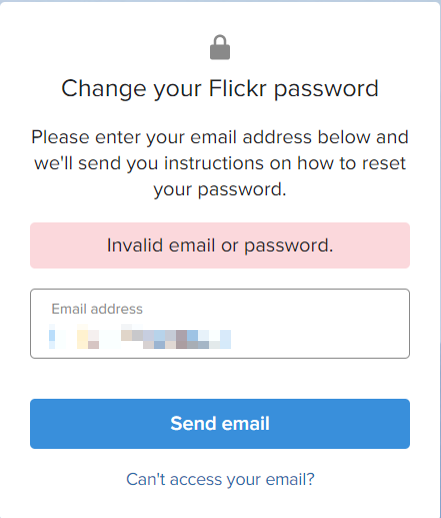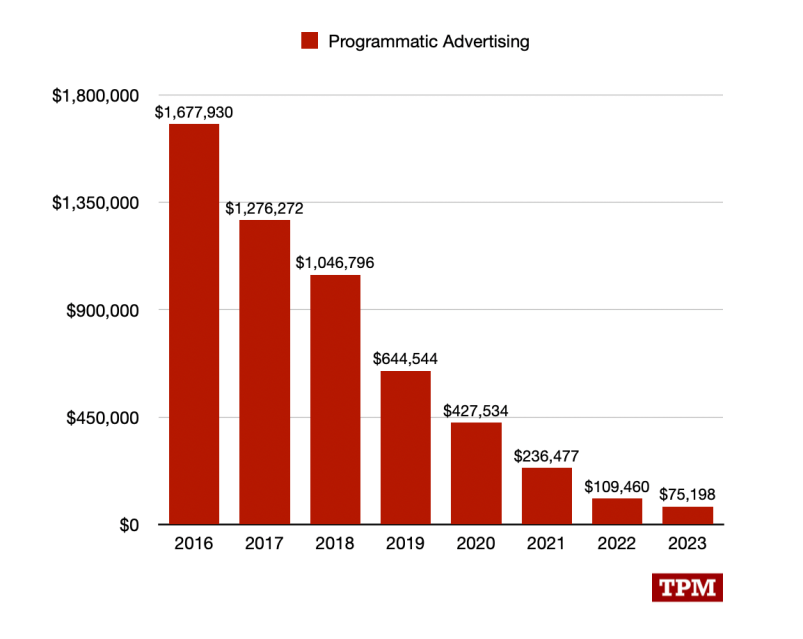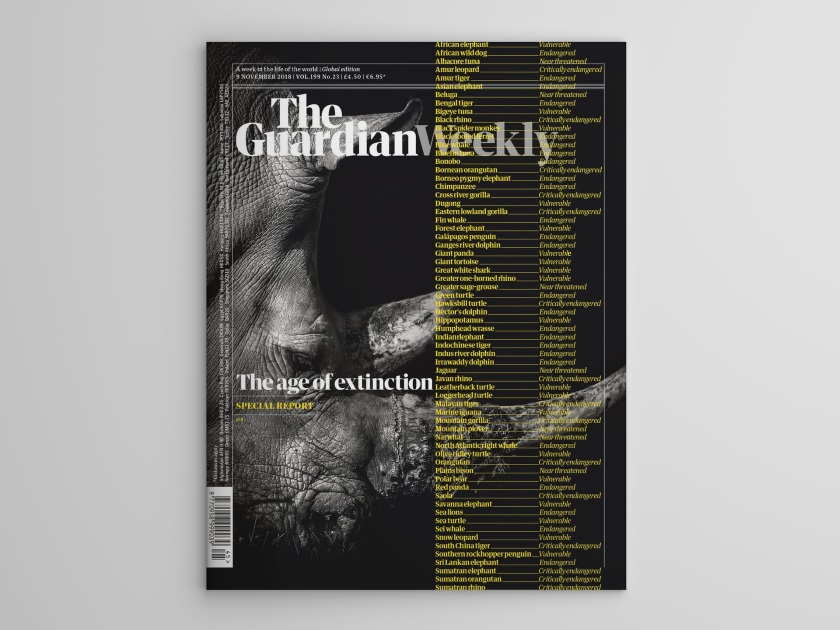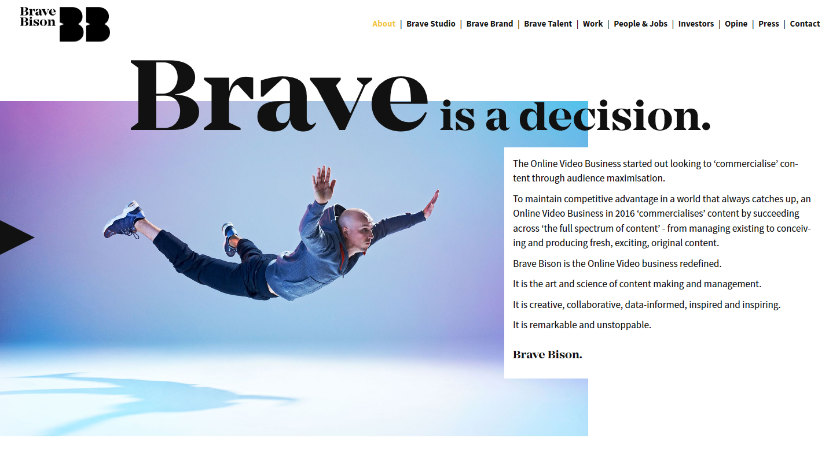Not a political post, sorry. This one follows up from the Google boycott earlier this month and is further proof of how the house of G gets it very, very wrong when it comes to malware warnings.
As those who followed this case know, our ad server was hacked on April 6 but both my web development expert, Nigel Dunn, and I fixed everything within hours. However, Google continued to block any website linking to that server, including this blog—which, as it turned out, delayed my mayoral campaign announcement sufficiently for things to go out on the same day as the marriage equality bill’s final reading and Baroness Thatcher’s funeral—and any of our websites carrying advertising. Lucire was blacklisted by Google for six days despite being clean, and some of our smaller websites were even blocked for weeks for people using Chrome and Firefox.
We insisted nothing was wrong, and services such as Stop Badware gave our sites the all-clear. Even a senior Google forum volunteer, who has experience in the malware side of things, couldn’t understand why the block had continued. There’s just no way of reaching Google people though, unless you have some inside knowledge.
We haven’t done any more work on the ad server. We couldn’t. We know it’s clean. But we eventually relented and removed links to it, on the advice of malware expert Dr Anirban Banerjee, because he believed that Google does get it wrong. His advice: remove it, then put it back after a few days.
The problem is, Google gets it wrong at the expense of small businesses who can’t give it sufficient bad publicity to shatter its illusory ‘Don’t be evil’ claim. It’s like the Blogger blog deletions all over again: unless you’re big enough to fight, Google won’t care.
Last night, we decided to put back the old code—the one that Google claimed was dodgy—on to the Lucire Men website. It’s not a major website, just one that we set up more or less as an experiment. Since this code is apparently so malicious, according to Google, then it would be logical to expect that by this morning, there would be warnings all over it. Your browser would exclaim, ‘You can’t go to that site—you will be infected!’
Guess what? Nothing of the sort has happened.
It’s clean, just as we’ve been saying since April 6.
And to all those “experts” who claim Google never gets it wrong, that the false positives that we netizens claim are all down to our own ignorance with computing, well, then, there’s proof that Google is fallible. Very fallible. And very harmful when it comes to small businesses who can lose a lot of revenue from false accusations. Even we had advertising contracts cancelled during that period because people prefer believing Google. One ad network pulled every single ad they had with Lucire’s online edition.
People are exposed to its logo every day when they do a web search. And those web searches, they feel, are accurate and useful to them, reinforcing the warm fuzzies.
Can we really expect a company that produces spyware (and ignores red-flagging its own, naturally) to be honest about reporting the existence of malware on other people’s websites? Especially when the code the hackers used on April 6 has Google’s name and links all over it?
It can be dangerous, as this experience has illustrated, to put so much faith in the house of G. We’ll be steadily reintroducing our ad server code on to our websites. While we’re confident we’re clean, we have to wear kid gloves dealing with Google’s unpredictable manner.





